
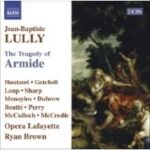
This recording is the third of Lully’s Armide; the other two, from 1983 (Erato) and 1992 (Harmonia Mundi), were led by Philippe Herreweghe. The first,
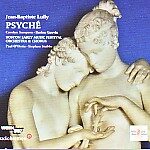
If you fight it, you lose; if you just sit back and listen for six minutes short of three hours, you’ll experience the aural equivalent
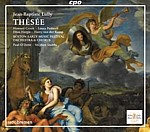
This allegorical poem to Louis XIV–he is praised as the “greatest gift of the heavens” by the opera’s close–should not by judged by its amazing
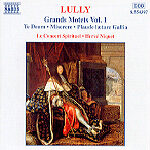
The court of Louis XIV was a lively and musically thriving place, and Jean-Baptiste Lully, who actually was Italian (Giovanni Battista Lulli) but became a
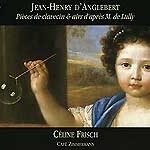
Through many recordings, mainly during the CD era, fans of French Baroque harpsichord music have enjoyed the relatively small though incomparably rich and profoundly delicate
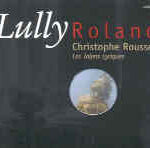
Lully’s 1685 Roland, on a subject apparently chosen by Louis XIV–its message is that loyalty to one’s country and fighting battles is more important and

The Best of Lully probably isn’t quite right, but this CD certainly shows the quintessential French Baroque composer at his most affable, dramatic, short-winded, and
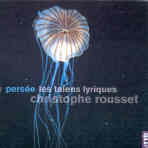
The plot of this opera concerns Perseus and his love for Andromeda (who returns his love but feels duty-bound to Phinée as well), Mérope’s own
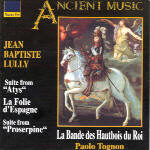
Wind bands are not such a new thing as some might suppose, having first appeared during the Renaissance. In the Baroque period we find such
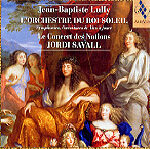
This music, performed by one of today’s premier period-instrument orchestras, gives us a hint of what a gifted 17th-century composer could do with nearly unlimited
![]()
